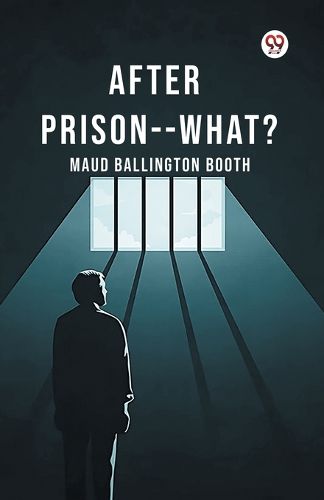Readings Newsletter
Become a Readings Member to make your shopping experience even easier.
Sign in or sign up for free!
You’re not far away from qualifying for FREE standard shipping within Australia
You’ve qualified for FREE standard shipping within Australia
The cart is loading…






After Prison--What? is a powerful exploration of prison reform, focusing on the potential for rehabilitation and the human capacity for change. Through a compassionate lens, the author emphasizes the importance of seeing incarcerated individuals as more than their crimes, advocating for empathy and support for their reintegration into society. The narrative challenges the prevailing stereotypes of convicts, encouraging readers to recognize their humanity and the possibility of redemption. The work reflects on the struggles and resilience of those in prison, underscoring that many individuals possess the ability to reform when given the right opportunities and guidance. Throughout the book, the author uses personal anecdotes and a deep commitment to prison reform to highlight the transformative power of understanding and support. This calls for a shift in societal attitudes toward those who have been incarcerated, fostering an inclusive approach to rehabilitation. The text advocates for compassion, providing a hopeful outlook on the future for those seeking a second chance. The message of this work speaks to the importance of rehabilitation, understanding, and the human potential for growth and renewal.
$9.00 standard shipping within Australia
FREE standard shipping within Australia for orders over $100.00
Express & International shipping calculated at checkout
After Prison--What? is a powerful exploration of prison reform, focusing on the potential for rehabilitation and the human capacity for change. Through a compassionate lens, the author emphasizes the importance of seeing incarcerated individuals as more than their crimes, advocating for empathy and support for their reintegration into society. The narrative challenges the prevailing stereotypes of convicts, encouraging readers to recognize their humanity and the possibility of redemption. The work reflects on the struggles and resilience of those in prison, underscoring that many individuals possess the ability to reform when given the right opportunities and guidance. Throughout the book, the author uses personal anecdotes and a deep commitment to prison reform to highlight the transformative power of understanding and support. This calls for a shift in societal attitudes toward those who have been incarcerated, fostering an inclusive approach to rehabilitation. The text advocates for compassion, providing a hopeful outlook on the future for those seeking a second chance. The message of this work speaks to the importance of rehabilitation, understanding, and the human potential for growth and renewal.